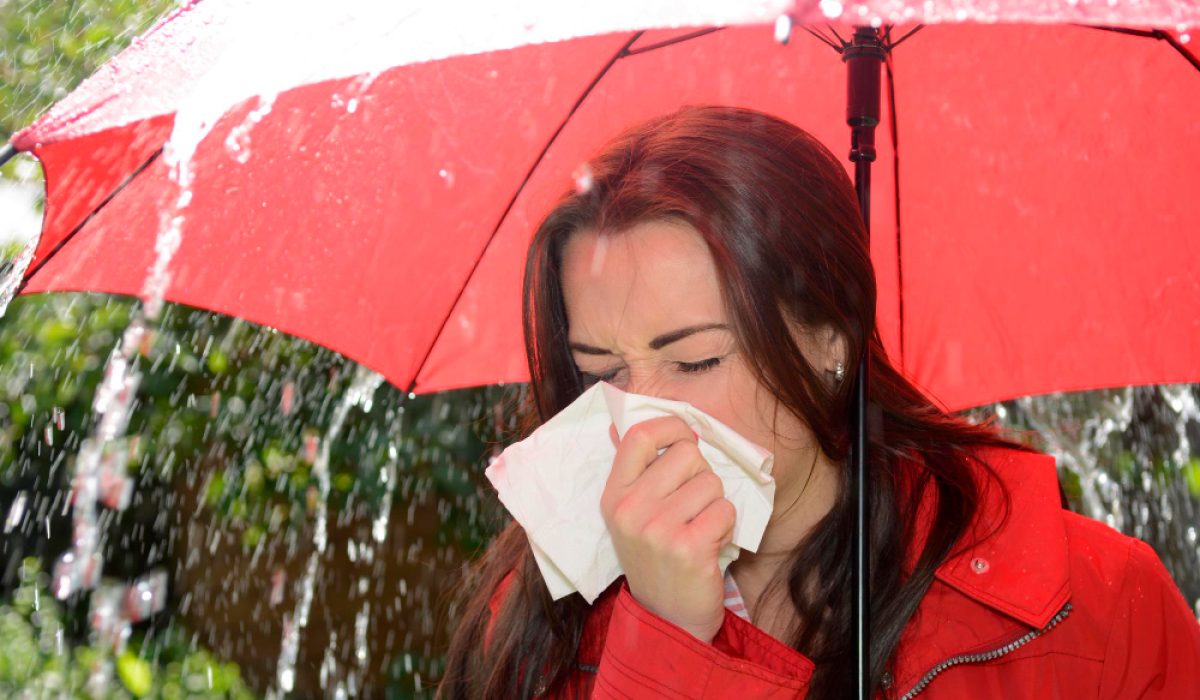The monsoon season is a significant event in India. It brings relief from the extreme summer heat and marks the transition to a wetter climate. While the rains are welcome, they also bring health challenges. Monsoon related illnesses become more common due to the increase in moisture and stagnant water. These conditions can lead to a spike in diseases that affect many people. The purpose of this blog is to raise awareness about these illnesses. It also aims to promote effective preventive measures and remedies. Being informed can help us stay healthy throughout the monsoon season.
Understanding Monsoon-Related Illnesses
During monsoon, certain health issues become more prevalent. Let’s explore some common monsoon related illness symptoms and their causes:
- Waterborne diseases: These include cholera and other gastrointestinal infections. They spread through contaminated water, often due to flooding and stagnant pools. Symptoms include diarrhea, vomiting, and stomach cramps.
- Airborne diseases: Influenza and the common cold are widespread during monsoon. High humidity supports the growth of viruses. Symptoms include cough, fever, and nasal congestion.
- Vector-borne diseases: Dengue and malaria are spread by mosquitoes, which breed in stagnant water. Symptoms include high fever, joint pain, and fatigue.
Different age groups face different risks. Children and the elderly are more vulnerable to these monsoon illness risk factors. They may experience more severe symptoms and complications. Preventive care is crucial. It includes drinking clean water, using mosquito nets, and staying indoors when possible.
Doctors note emerging trends in monsoon related illness patterns. Some new treatments and preventive measures are effective. Vaccinations play a crucial role in prevention. For instance, flu vaccines are advised for at-risk groups.
Here are some steps to follow if you notice common monsoon related illness symptoms:
- Seek medical care: Consult a doctor if symptoms persist. Quick action can prevent complications.
- Stay hydrated: Drink plenty of clean water to flush out toxins.
- Consider home remedies: Ginger tea or warm soups can relieve some symptoms.
Weather, Mental Health, and Nutrition Strategies
Monsoon impacts not just physical health but mental well-being too. The weather can lead to mood swings. Regular exercise can help maintain mental health. Simple activities like walking or practicing yoga can boost your mood.
A balanced diet is essential during monsoon. Immune boosters for monsoon illness include nutrients like Vitamin C. They strengthen your immune system and help fight infections. Here are two easy recipes:
- Lemon-Honey Water: Mix fresh lemon juice with warm water and honey. Drink it every morning to boost immunity.
- Garlic Soup: Boil garlic cloves in water with a pinch of salt. Drink it before meals for its antibiotic properties.
In India, some regions face unique monsoon illness risk factors. For instance, states like Kerala see a spike in dengue cases. It’s essential to stay informed about local health trends.
Conclusion and Call to Action
Preparedness and preventive care are vital for a healthy monsoon. Understanding monsoon related illness insights helps in taking timely action. Embrace healthy practices such as drinking safe water, eating nutritious food, and using mosquito repellents.
We encourage everyone to consult healthcare providers regularly. Stay informed about treatment for monsoon related illness. Even small changes can have a big impact on health.
Explore credible resources and government sites for further guidance. Staying aware and proactive can lead to a healthier monsoon experience for you and your loved ones.
